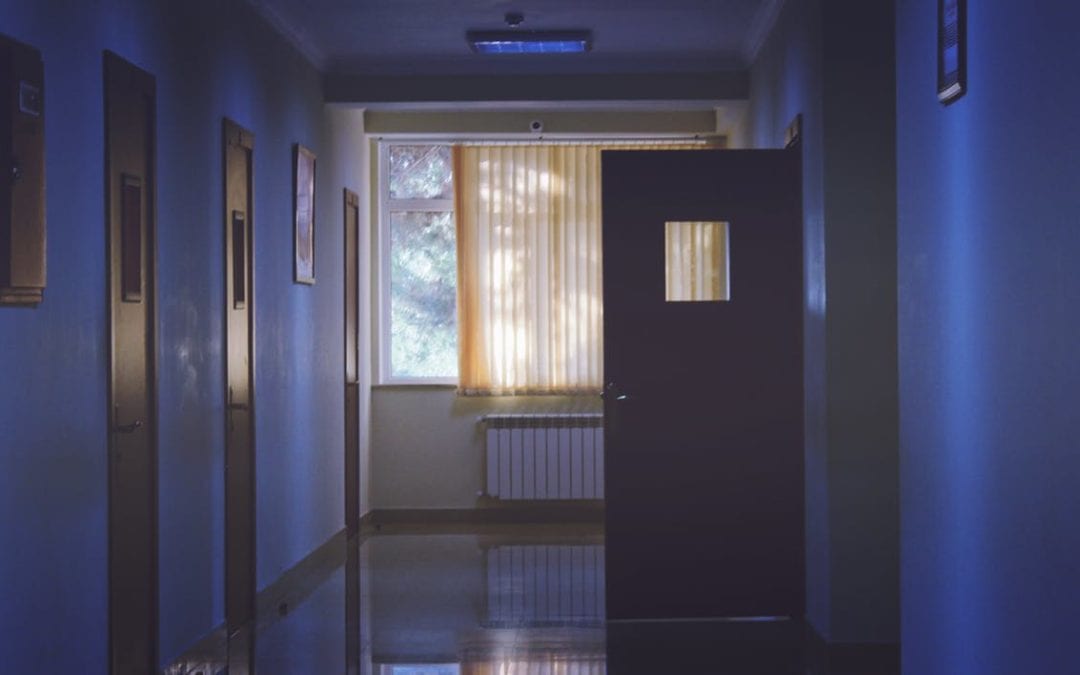By: Sasha Kildare
My biggest claim to fame is that I had the same dance teacher as JLo.
Actually, I have an even bigger claim to fame. But it is not something that you brag about.
At the age of 26, I was on my sixth college major, journalism. Summer vacation arrived. Finally, I only needed one more semester to graduate from Cal State Long Beach.
I didn’t know I had shaky circadian rhythms. I didn’t know I needed the routines that working and going to school provided me. I didn’t know my nightmares and insomnia were PTSD. I didn’t know that summer was a dangerous time for me.
What I did know was how to pop prescription tranquilizers for anxiety. And since I had been assured by the mental health system that I wasn’t a drug addict, I turned to crystal meth to deal with the intense depression. The nightmares had returned.
What was supposed to be a one-month summer vacation in New York City, my hometown, turned into a slide into psychosis.
By September, I was living on the streets of Manhattan.
By October, it was getting cold. One morning, tired of getting kicked out of the hospital waiting rooms I’d spend the night in, I walked into a shelter referral center.
Once I started talking with the woman who assigned lodging, I began to cry and couldn’t stop. I kept trying to explain my predicament, but desolation choked me.
She handed me an envelope and a subway token and said, “It’s going to be OK. Take this envelope to the address I wrote on the outside of it.”
I had spent the last month walking for miles every day, and it felt strange to ride the subway, especially for three stops. Once at the shelter, I met with a Linda who bombarded me with questions, regarding my family and background. Endless questions. Finally I said, “I have to take a nap, before I can answer any more questions. Could I lie down on that couch over there?”
When I awoke, Linda sounded upbeat, “I have someplace for you to go. Somebody you need to meet. I’m going to drive you there myself.”
Minutes later, we were parked in a vast lot not too far from some imposing buildings. We walked through the back door of one of the buildings into yet another waiting room. Linda told me to take a seat while she addressed somebody. The room was full of people; most of them appeared downtrodden.
Linda returned and said, “Listen. You’re going to have to stay here a few days, until we can find a better place for you.”
I remember looking around and panicking. I asked her, “What if I don’t like it here?”
She patted me on the back and said, “Don’t worry. It’s only for a short time.”
She left. It occurred to me that I had no way of getting back the remnants of my wardrobe that I had surrendered to the shelter’s reception desk. I headed to the service window where Linda had been talking to someone. “Where am I?” I asked.
“Bellevue Hospital. This is the psychiatric emergency room,” a middle-aged woman answered.
Her answer made me feel as if I had been punched in the stomach. My scream emerged as a croak, “I don’t belong here. How do I get out of here?”
Matter-of-factly, she responded, “You can’t leave, until you’ve met with a doctor who will evaluate you.”
Sadness consumed me as I realized that I had nowhere else to go.
A fellow waiting room occupant, an attractive thirty-something man who was very suntanned, interrupted my reverie, “Not the best place to be on a Friday night, huh?”
I answered, “I’d rather be anywhere than here.”
Who says it’s hard to meet a man?
Food trays arrived. I had not eaten in one or two days. The overcooked green beans, instant mashed potatoes, and rubbery boiled chicken made my mouth water. As we ate, Suntanned told me that he’d take me to a cheap motel when we were both released, and that he’d take care of me.
<><><>
I woke up the next morning to a nurse signaling an orderly to move me to Ward 19 North.
I asked the orderly which ward awaited Suntanned who was still asleep. He said he was not sure, probably the prison ward.
In the emergency room, only a security guard and a set of doors had separated me from freedom. My new ward was 19 floors up and behind two sets of locked steel doors.
<><><>
Sometimes the worst day of your life turns out to be the best day of your life. Bellevue provided comprehensive medical care that turned my life around. I walked in a prescription pill addict and walked out free of that addiction.
They fought for temporary disability for me so that I could get the therapy I so desperately needed for PTSD from surviving child abuse. They linked me to housing and a training program. I had a decent full-time job 15 months after being discharged and have never stopped working.
Thank God you can’t see me, or you would realize how long ago 26 was for me…

